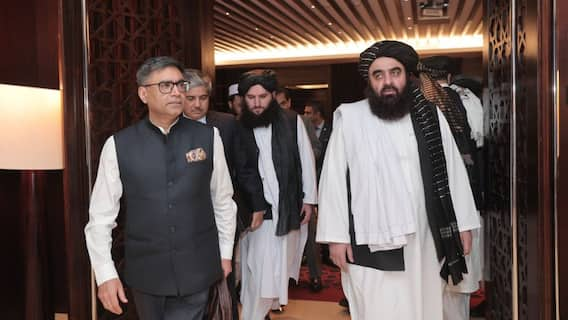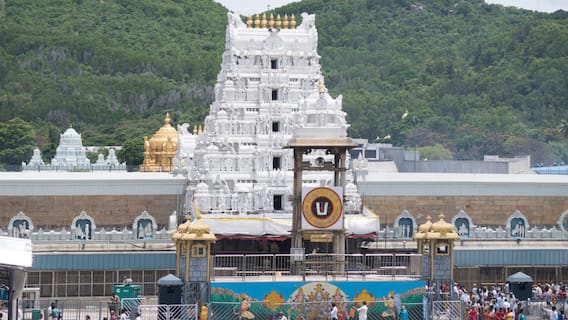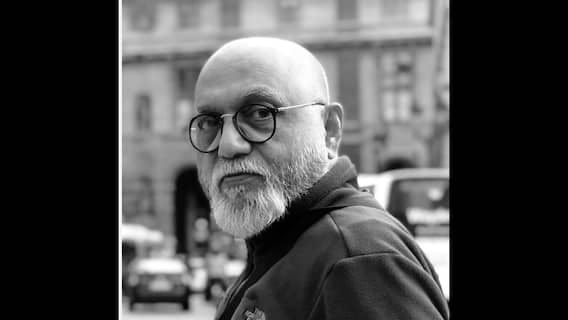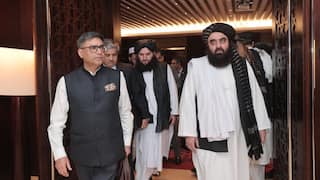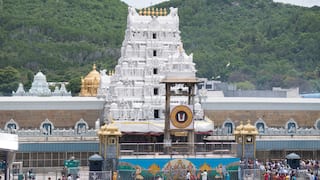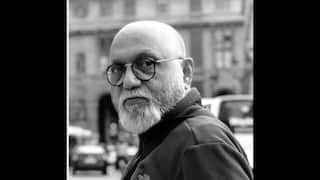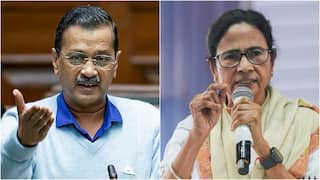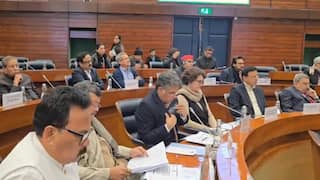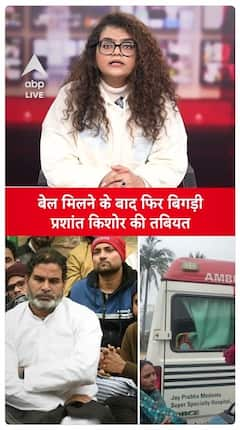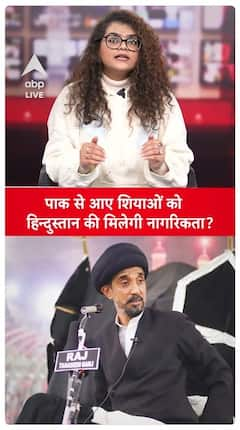Imran Khan's Bail Hearing On Tuesday, Lahore HC Grants Bail To His Wife Till May 23
Khan was accompanied by his wife Bushra Bibi, who was granted pre-arrest bail till May 23 by the high court in the Al-Qadir Trust case.

Lahore: Pakistan's former prime minister Imran Khan on Monday appeared before the Lahore High Court, which fixed his bail hearing on Tuesday in the terrorism cases registered against him following his arrest in the Al-Qadir Trust corruption case that sparked violent protests by his supporters.
Khan was accompanied by his wife Bushra Bibi, who was granted pre-arrest bail till May 23 by the high court in the Al-Qadir Trust case.
"The LHC granted pre-arrest bail to Bushra Bibi till May 23 in the Al-Qadir Trust case. The court, however, fixed Khan's bail plea for Tuesday in the terrorism cases registered against him after May 9 violence. The LHC Registrar's Office has raised an objection for not attaching the arrested copies of Supreme Court and Islamabad High Court orders," a court official told PTI.
Justice Safdar Saleem Shahid had fixed May 16 for the hearing of Khan's plea after his counsel assured provision of the court's orders.
The former first lady appeared before the LHC for the first time seeking pre-arrest bail in the Al-Qadir Trust case.
Khan and Bushra Bibi reached the LHC amid high security as none of his party workers accompanied the couple. Before boarding the bomb and bulletproof vehicle, it was covered with white sheets so that Bushra Bibi could maintain her 'pardah'.
As Khan is facing over 100 cases, Bushra is nominated in two cases -- Toshakhana (gifts) and the Al-Qadir Trust case.
In a tweet on Monday, Khan said that they (the government and military establishment) have planned to arrest his wife to humiliate him. He claimed that the establishment plans to keep him in jail for 10 years in a sedition case. There are reports that Khan might be booked under the Army Act for instigating attacks on military installations.
The Pakistan Tehreek-e-Insaf (PTI) chief got interim bail in six cases registered against him for torching the house of the Corps Commander Lahore and other incidents of violence erupted after his arrest last week.
Khan returned to his Lahore home on Saturday after having locked himself in the Islamabad High Court (IHC) premises for hours for fear of re-arrest despite being granted bail on Friday.
The IHC had granted 70-year-old Khan bail, barring the authorities from arresting him in all the cases registered beyond May 9 and asked him to approach the Lahore High Court for further relief on May 15.
In the Al Qadir Trust case, in which the National Accountability Bureau arrested the former cricketer-turned-politician on May 9, the IHC granted him pre-arrest bail for two weeks.
The Supreme Court had declared Khan’s arrest from the IHC premises illegal and referred the matter to the IHC.
The Punjab police on May 10 booked Khan and hundreds of his party workers for attacking and setting on fire the Corps Commander House in Lahore besides registering five other FIRs against him for inciting his supporters to attack and damage the state buildings and military installations.
Khan and his deputy Shah Mahmood Qureshi and others have been framed under murder, terrorism and 20 other heinous offences for attacking the senior military commander's house known as 'Jinnah House' in Lahore Cantonment last Tuesday.
The arrest of Khan on Tuesday by the Pakistan Rangers at the IHC premises triggered unrest in Pakistan that continued till Friday and led to several deaths and dozens of military and state installations being destroyed by the protesters.
For the first time in Pakistan's history, the protesters stormed the army headquarters (GHQ) in Rawalpindi and also torched the corps commander's house in Lahore.
Police put the death toll in violent clashes to 10 while Khan's party claims 40 of its workers lost their lives in the firing by security personnel.
Punjab Inspector General Police Dr Usman Anwar told a press conference on Sunday that over 3,500 people have been arrested in Punjab province for their involvement in the violence that erupted after Khan's arrest. He said most of them will be tried in anti-terrorism courts.
Khan was ousted from power in April last year after losing a no-confidence vote in his leadership, which he alleged was part of a US-led conspiracy targeting him because of his independent foreign policy decisions on Russia, China and Afghanistan.
Trending News
Top Headlines








